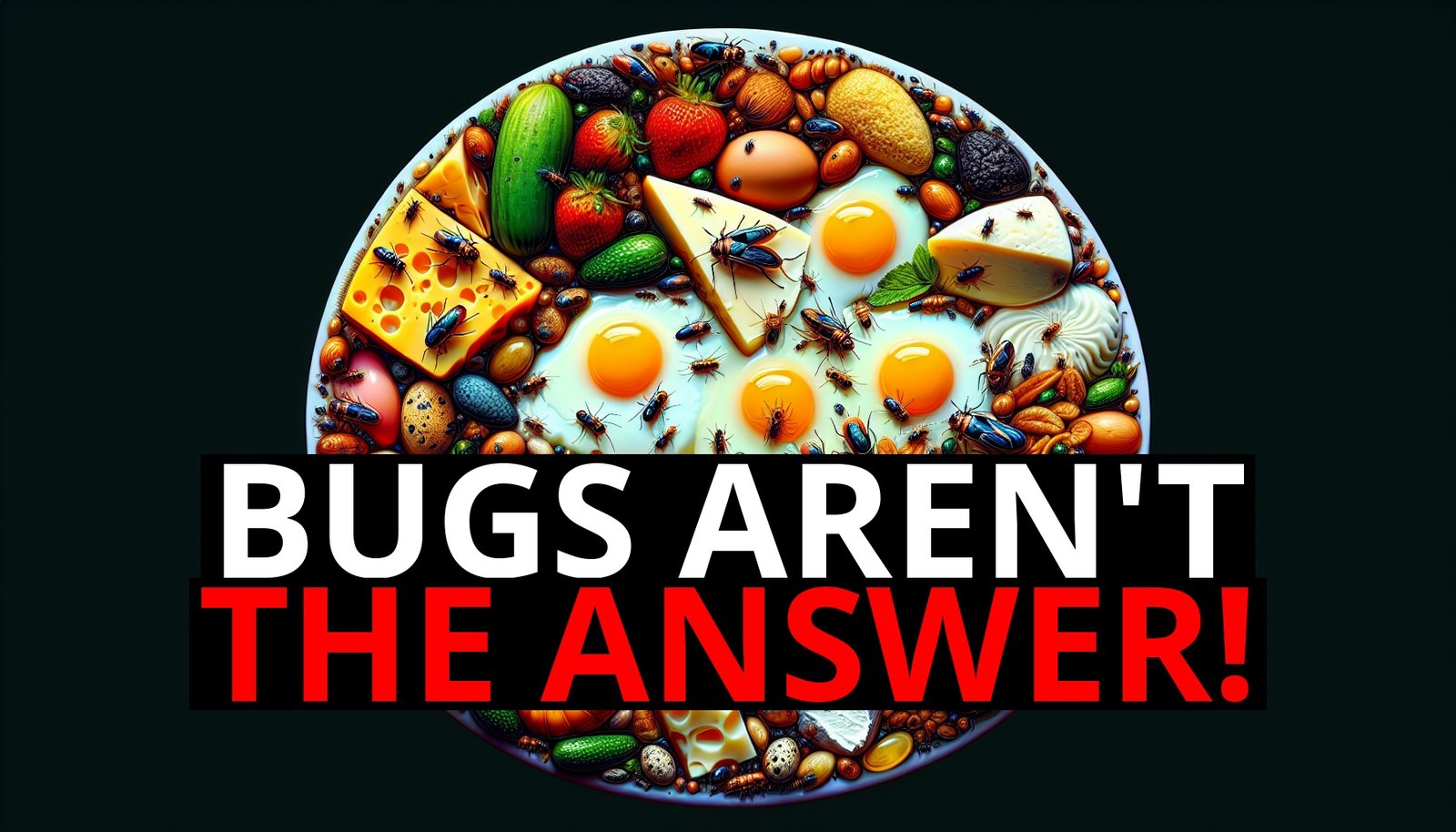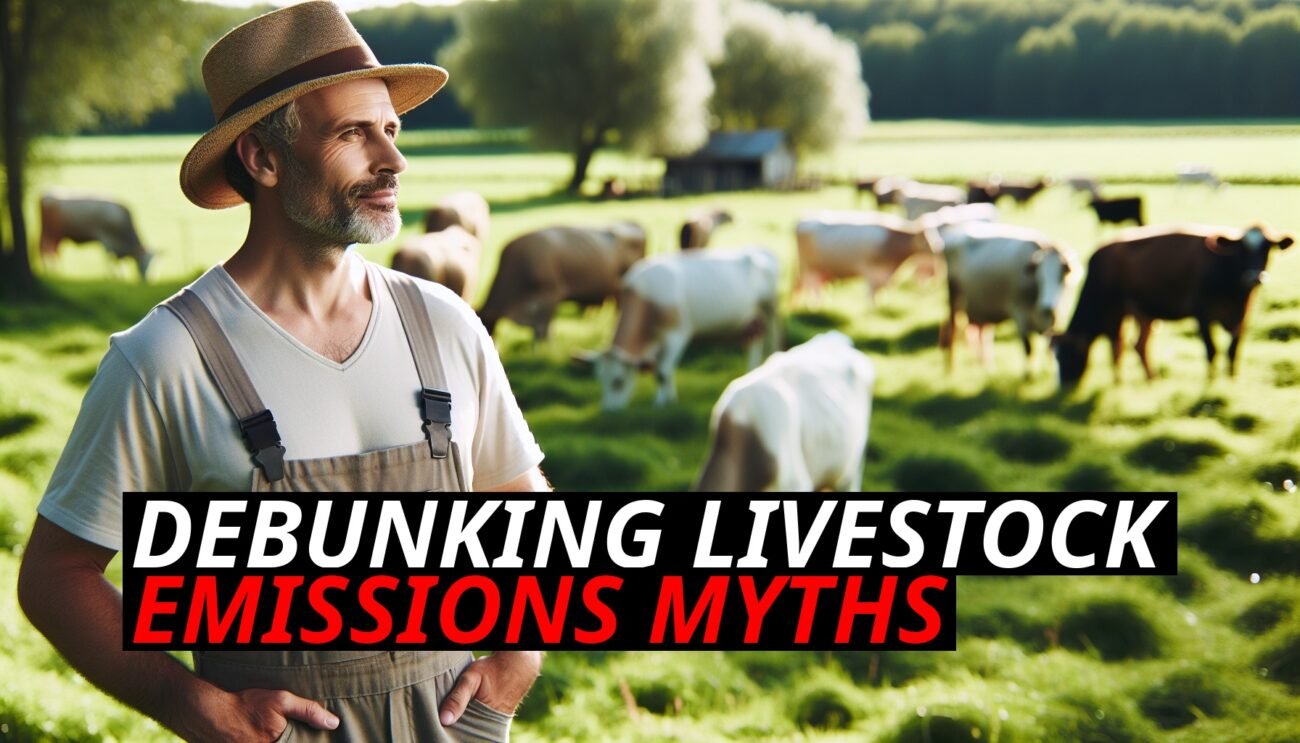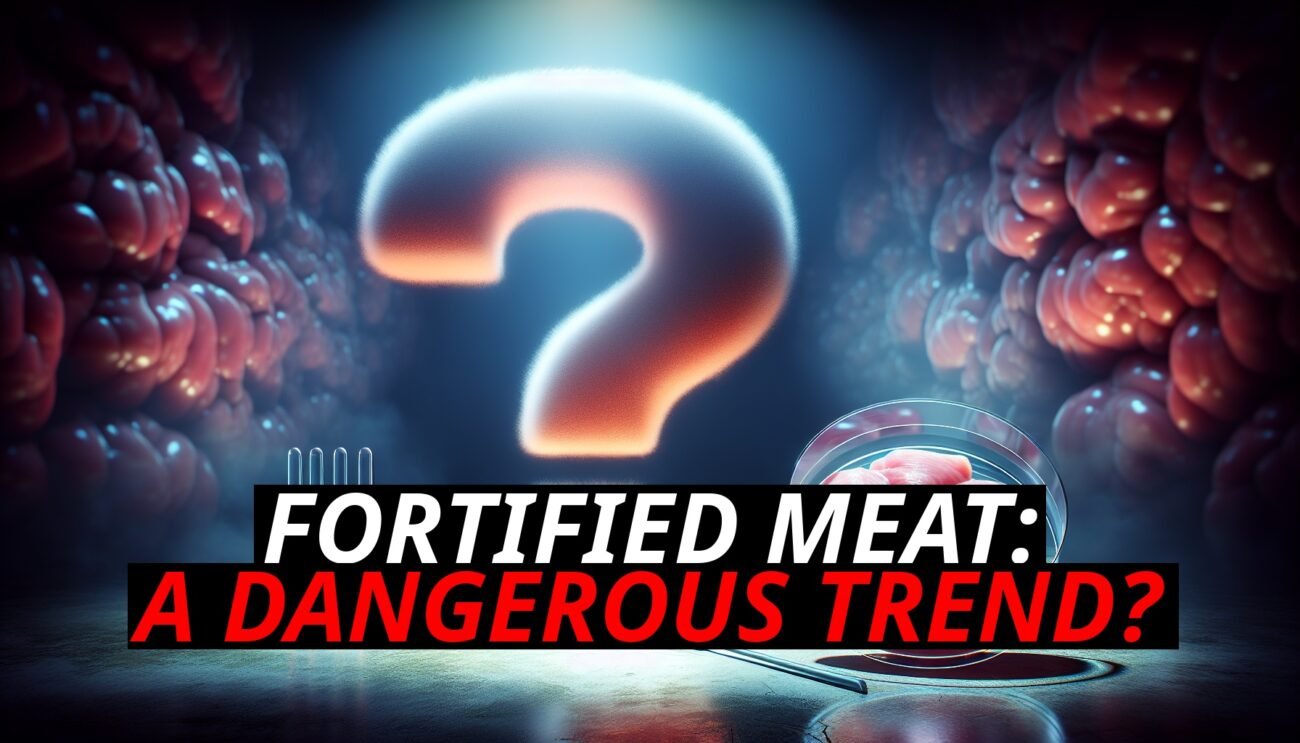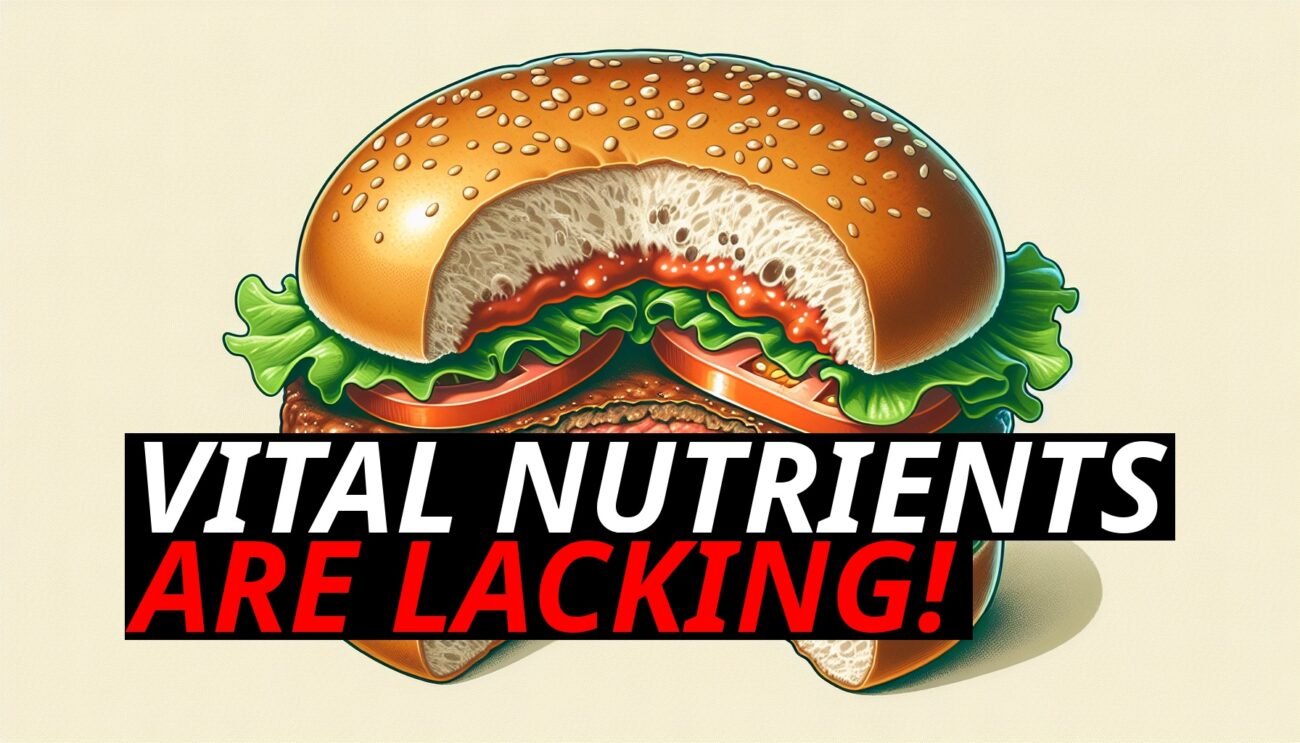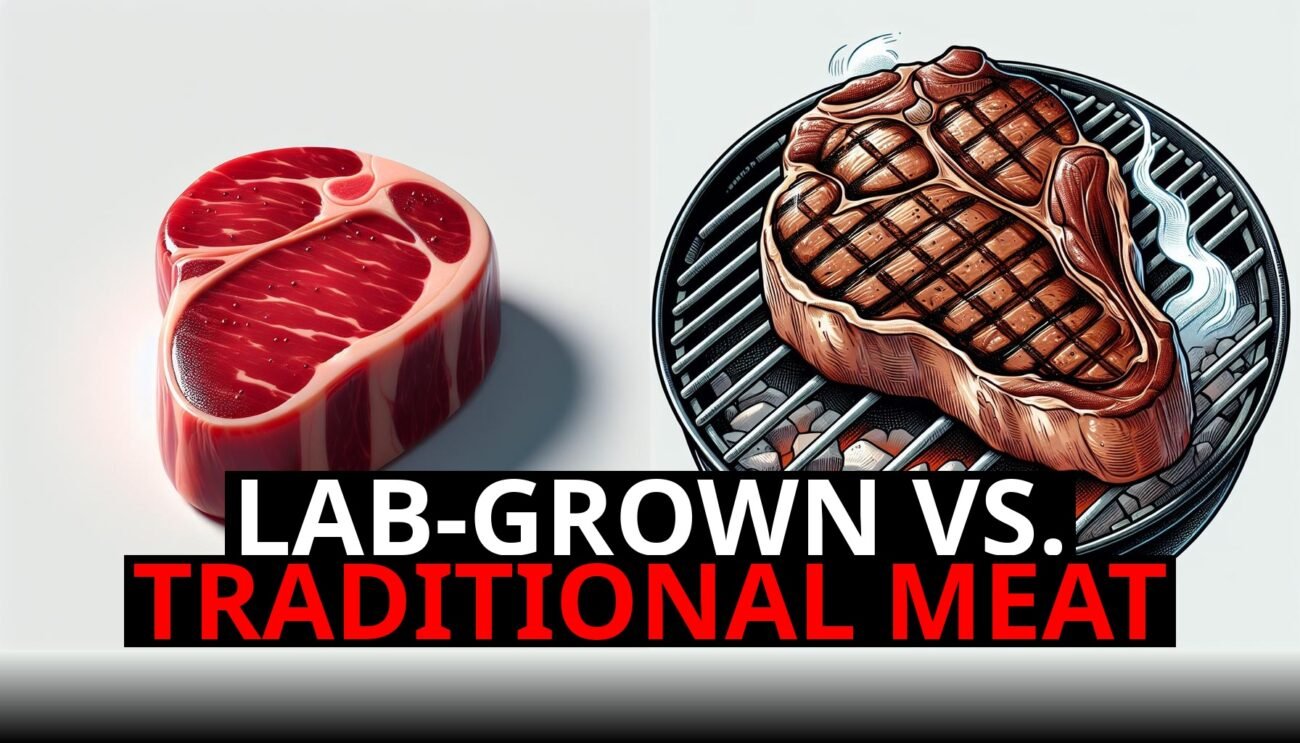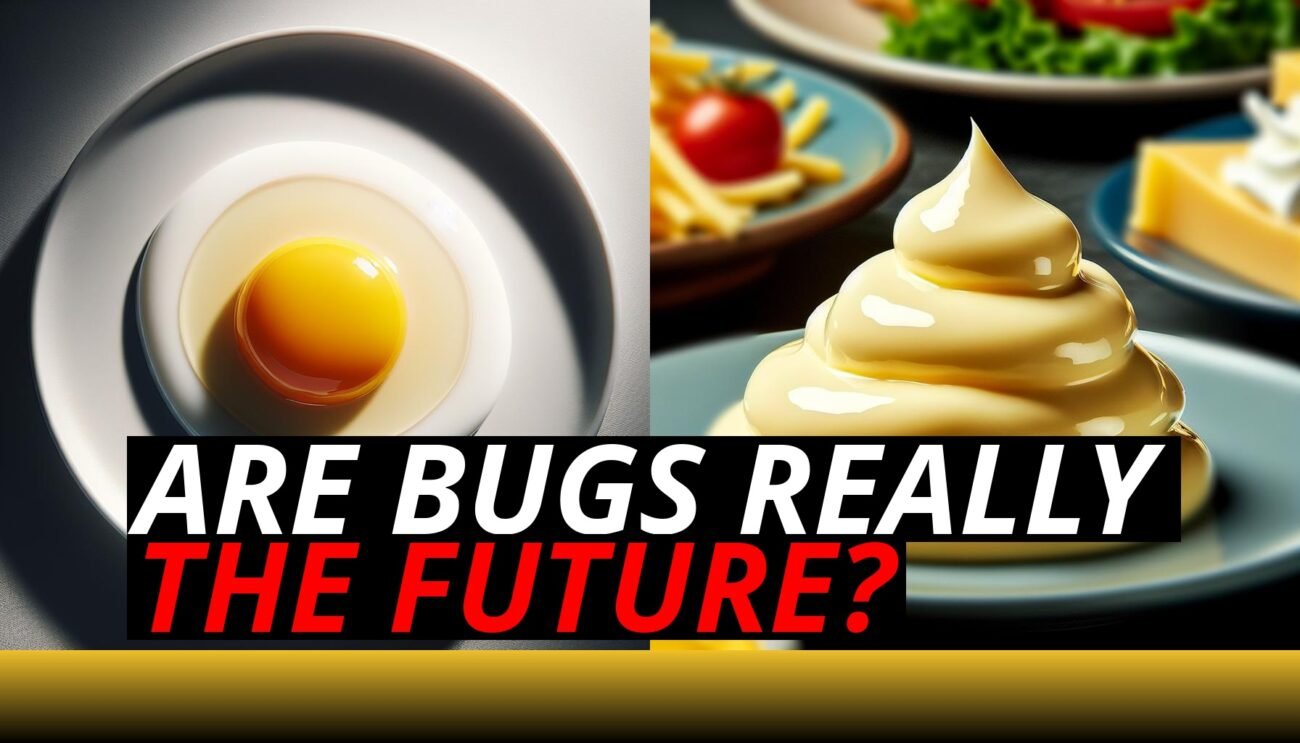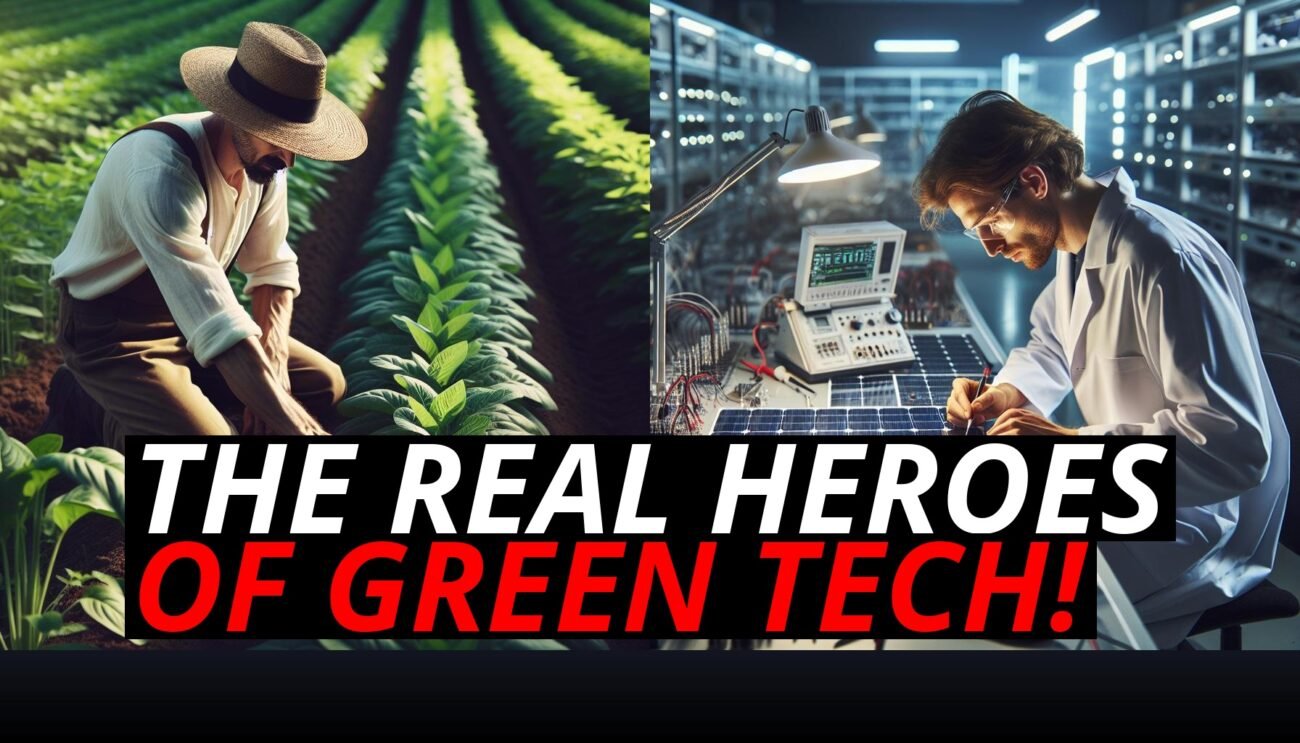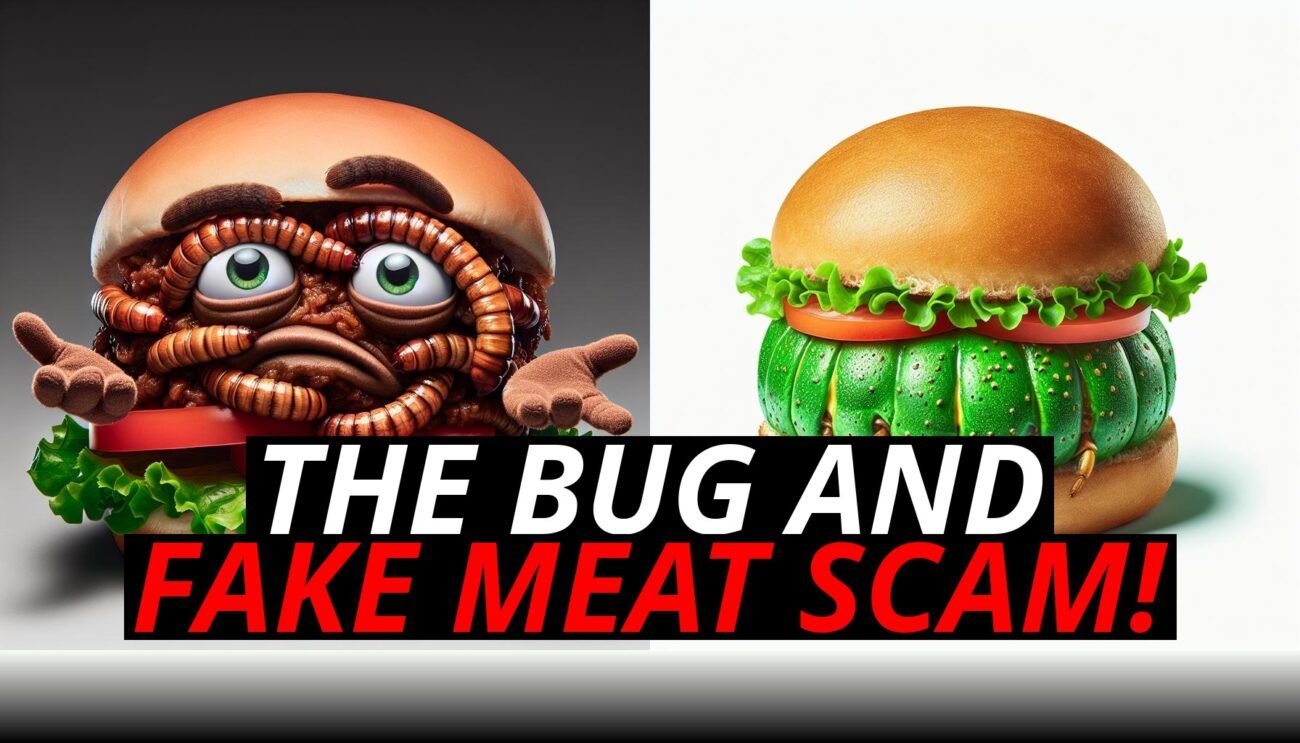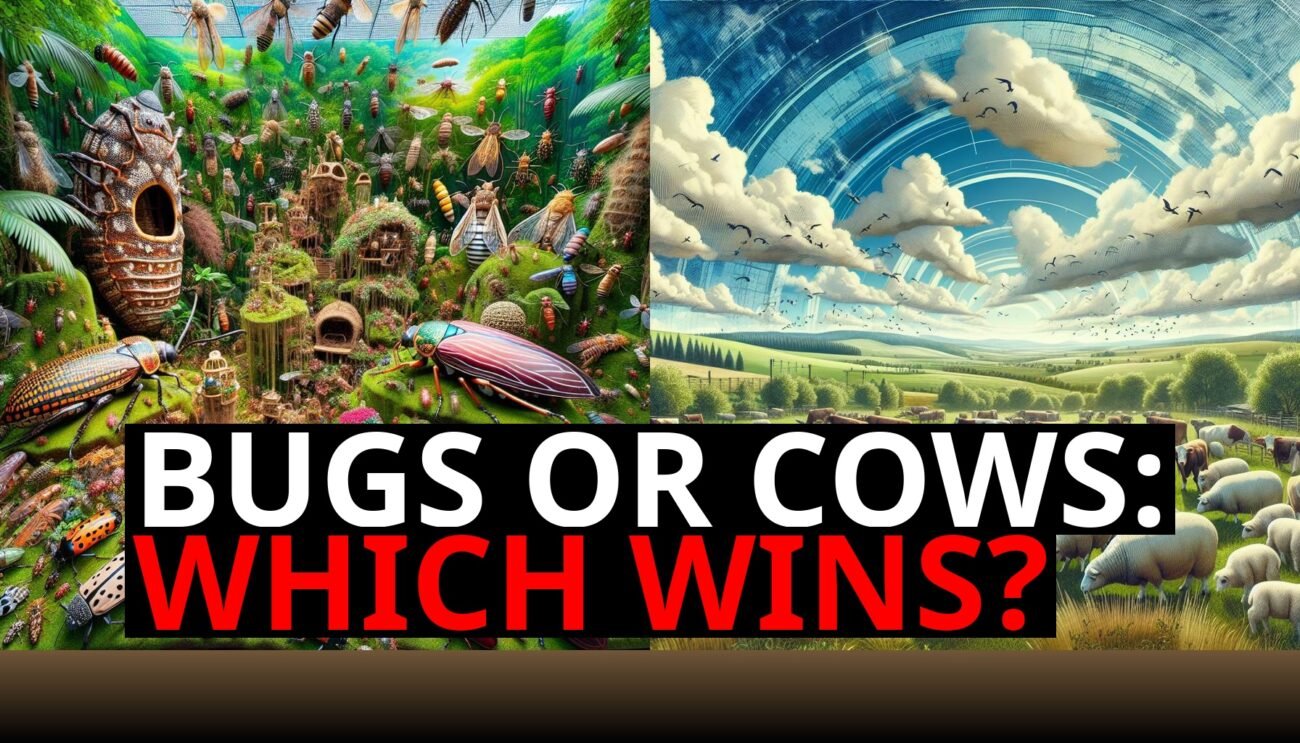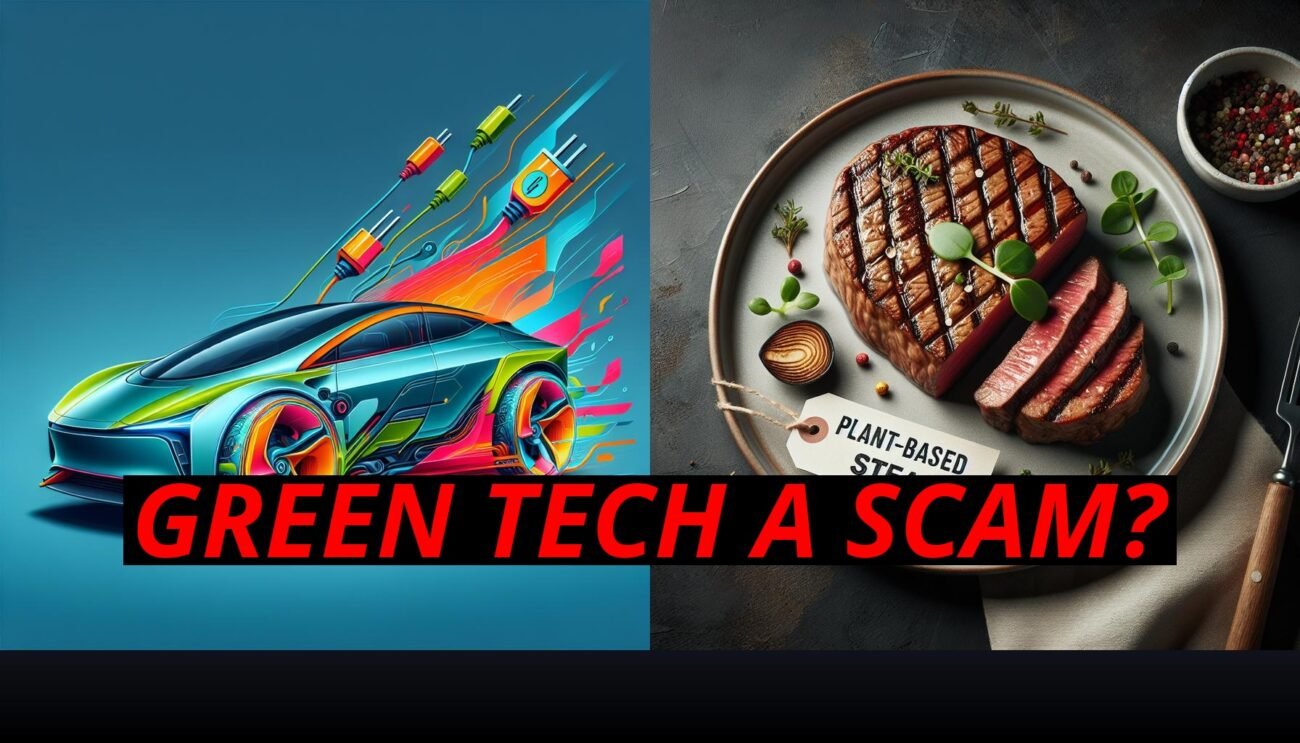You’ve probably heard it—bugs are the future of food. Advocates claim that eating insects is the solution to feeding a growing population while reducing the environmental impact of traditional farming. But before you start swapping your burger for a cricket patty, there’s something important to consider: we don’t need to eat bugs. In fact, eggs, dairy, and sustainable livestock already provide a better solution for both nutrition and the environment.
Instead of looking to insects as the next big thing, let’s explore why our current animal agriculture systems, when managed properly, are far more sustainable and nutritionally superior than bug-based diets.
The Nutritional Power Of Eggs And Dairy
One of the strongest arguments for sticking with eggs and dairy is their nutritional value. While bugs are often promoted for their protein content, they can’t compete with the range of nutrients provided by traditional animal products.
Here’s why eggs and dairy are nutritional powerhouses:
- Complete proteins: Eggs and dairy are packed with complete proteins, containing all nine essential amino acids that our bodies can’t produce on their own. While insects do offer protein, they don’t deliver the same balance of nutrients.
- Fat and fat-soluble vitamins: Eggs and dairy are rich in healthy fats and essential fat-soluble vitamins like A, D, and E, which are critical for maintaining overall health. Bugs, on the other hand, are typically low in fat, meaning they lack these crucial nutrients.
- Calcium and other minerals: Dairy products are one of the best sources of calcium, which is vital for bone health. Insects provide little to no calcium, making them a poor substitute in this regard.
Eggs and dairy are not only widely accepted across cultures but also deliver a dense package of nutrients that is difficult to replace. When you already have access to foods that provide such balanced nutrition, why turn to bugs?
The Efficiency Of Livestock In Sustainable Systems
It’s often said that bug farming is more efficient than traditional livestock farming because insects use less land and water. But this claim overlooks the efficiency of livestock when raised in sustainable systems. Cows, chickens, and other livestock, when managed responsibly, can produce food in a way that is both efficient and environmentally friendly.
Here’s how sustainable livestock farming works:
- Regenerative grazing: Livestock like cows and sheep can graze on land that isn’t suitable for growing crops. This means they turn marginal land into a productive source of food, without competing with humans for arable land. Their grazing also encourages the growth of plants, which helps sequester carbon in the soil.
- Natural nutrient cycling: Livestock produce manure, which acts as a natural fertilizer for the soil. This helps improve soil health and supports the growth of crops, creating a closed-loop system that reduces the need for synthetic fertilizers.
- Minimal inputs: Unlike insects, which often require climate-controlled environments and specialized feed, livestock raised in regenerative systems rely on natural grazing and foraging. This reduces the energy and resources needed to produce food, making livestock farming more sustainable in the long run.
When raised using regenerative agriculture practices, livestock contribute to healthier ecosystems and more resilient food systems. The narrative that bugs are inherently more efficient than livestock ignores the benefits of responsible animal agriculture.
The Sustainability Of Eggs And Dairy
In addition to their nutritional value, eggs and dairy are among the most sustainable sources of food when produced in well-managed systems. Unlike meat, which requires slaughtering the animal, both eggs and dairy can be harvested continuously without depleting the animal population.
Here’s why eggs and dairy are sustainable:
- Continuous production: Chickens lay eggs, and cows produce milk, without needing to be slaughtered. This allows farmers to produce a steady supply of renewable food from the same animals over time, which is more sustainable than harvesting bugs, which need to be replaced in cycles.
- Low environmental impact: Compared to intensive livestock farming for meat, egg and dairy production generally has a lower environmental footprint. Chickens and cows can be raised on pasture, where they contribute to soil health and biodiversity.
- Cultural acceptance: Eggs and dairy have been a part of human diets for thousands of years and are deeply embedded in cultures around the world. Unlike bugs, which face significant consumer resistance, eggs and dairy are widely accepted and enjoyed.
Rather than shifting to bug farming, focusing on improving the sustainability of egg and dairy production through regenerative practices can have a far greater impact on both nutrition and the environment.
The Role Of Livestock In Global Food Systems
Another reason we don’t need to eat bugs is that livestock plays a crucial role in supporting global food systems. Livestock farming provides more than just food—it supports local economies, promotes biodiversity, and helps maintain rural communities.
Here’s how livestock contribute to sustainable food systems:
- Economic livelihoods: Millions of small-scale farmers around the world rely on livestock for their livelihoods. By providing meat, eggs, milk, and fiber, livestock help support local economies and reduce poverty in rural areas.
- Biodiversity: When managed correctly, livestock grazing helps maintain biodiversity by preventing certain plants from dominating landscapes and allowing diverse species to thrive. This creates healthier ecosystems and more resilient food systems.
- Food security: Livestock farming provides a reliable source of food that can be produced locally. This reduces dependence on imported food and strengthens food security in regions that might otherwise be vulnerable to supply chain disruptions.
Livestock are not just a source of food—they are an integral part of sustainable and resilient food systems that support communities around the world. Trying to replace them with bugs ignores the important role that livestock play in global agriculture.
Why We Don’T Need Bugs: A Practical Approach To Sustainability
The push to eat bugs is based on the idea that they are a more sustainable option for feeding a growing population. However, when we take a step back and look at the big picture, it becomes clear that eggs, dairy, and sustainable livestock farming already provide a more practical, nutritious, and environmentally friendly solution.
Here’s why we don’t need bugs in our diets:
- Nutritional superiority: Eggs and dairy provide a more complete range of essential nutrients than bugs, including complete proteins, healthy fats, and fat-soluble vitamins. These foods are widely accepted and form a critical part of balanced diets around the world.
- Efficiency in agriculture: Livestock, when managed using regenerative practices, can produce food in a way that is both efficient and beneficial for the environment. Grazing animals help maintain healthy ecosystems, sequester carbon, and improve soil health—all while providing high-quality food.
- Sustainability and renewability: Eggs and dairy are renewable resources that can be produced continuously, without the need for large-scale slaughter. This makes them a more sustainable option than bug farming, which requires energy-intensive systems and regular harvesting.
Rather than looking to bugs as the solution to sustainable food production, we should focus on improving existing agricultural systems that already provide the nutrition we need in a way that works with the environment.
Conclusion: Embrace Eggs, Dairy, And Sustainable Livestock
The narrative that we need to eat bugs to save the planet is misguided. Eggs, dairy, and sustainable livestock farming already offer a more nutritious and environmentally friendly solution to feeding the world. By focusing on improving the sustainability of these existing food systems, we can continue to enjoy the benefits of animal agriculture without the need to turn to bugs as a primary food source.
There’s no need to give up your morning eggs or your glass of milk—these traditional foods are the key to a healthy, sustainable, and resilient food future. Let’s stick with what works.

